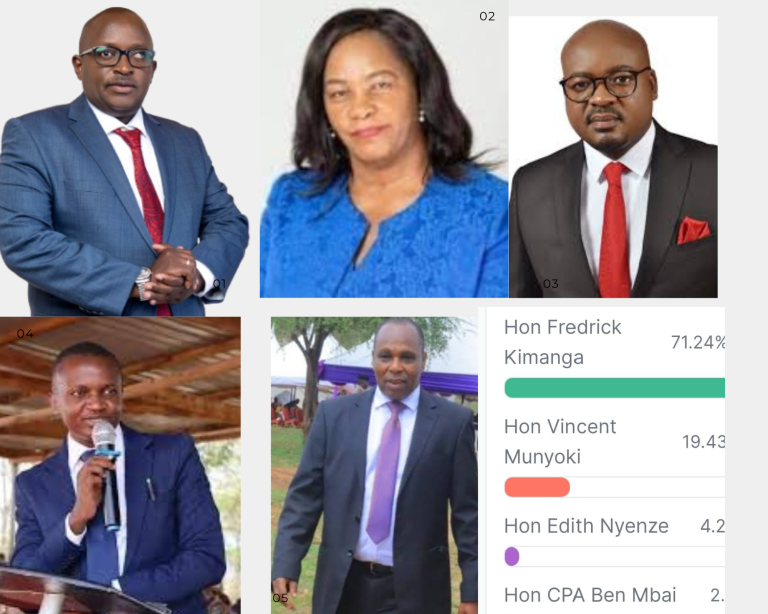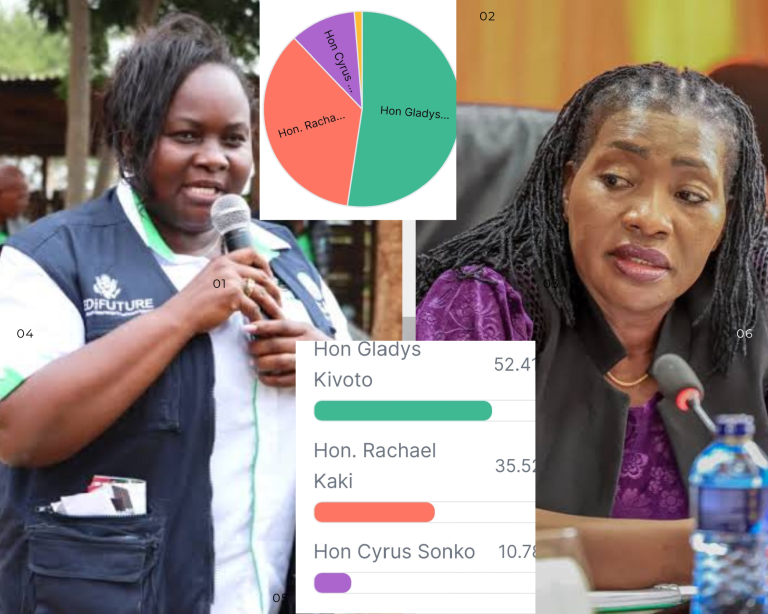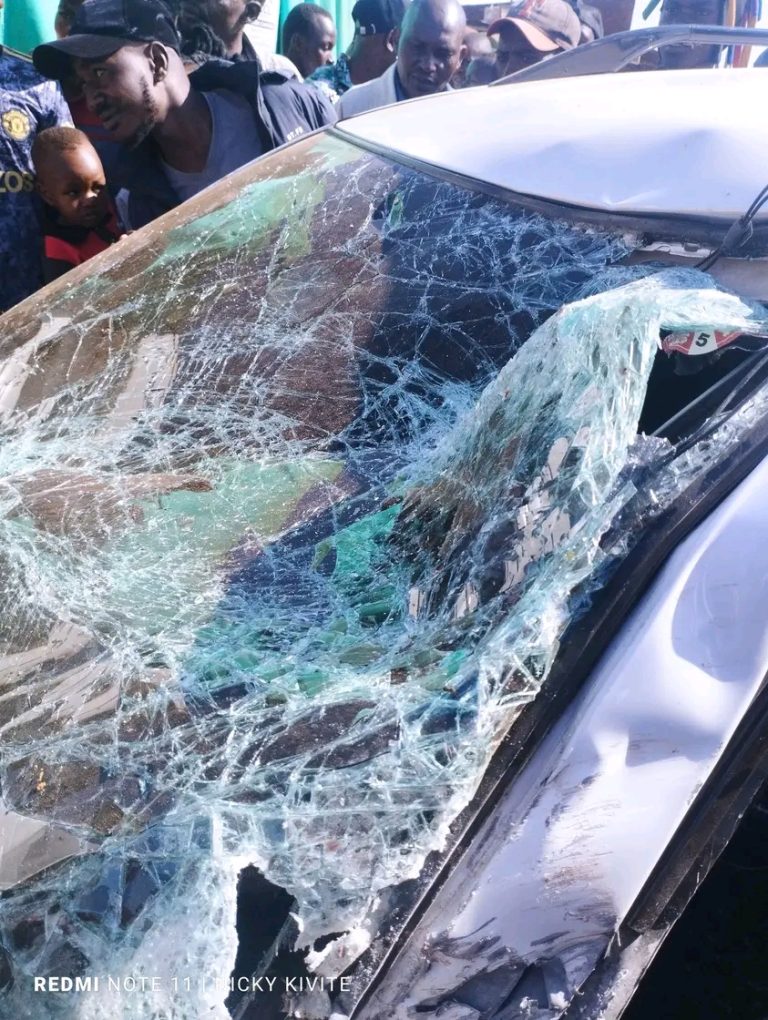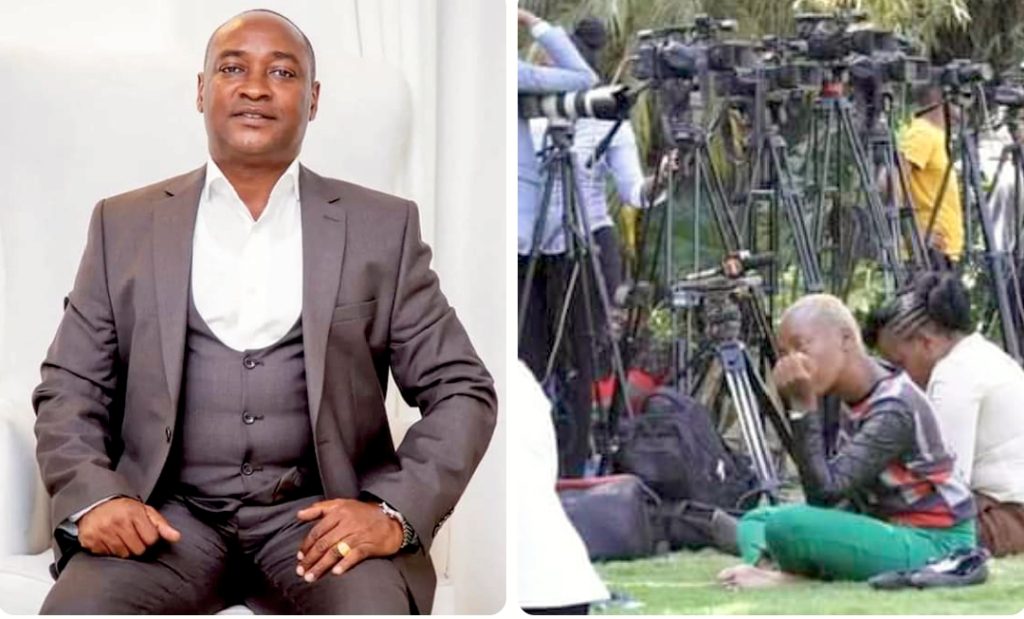
By Francis Kioko
Date 13/08/2024
A growing rift between Nairobi-based journalists, digital writers, and the embattled National Liberal Party leader, Dr. Augustus Kyalo Muli, has reached a boiling point, with media professionals now threatening to boycott his events. The conflict stems from accusations that Dr. Muli has repeatedly mistreated and neglected the media, particularly those covering digital platforms.
The tensions first erupted on June 19th, when Dr. Muli attempted to elevate his local political profile to the national stage by organizing a press briefing at Boulevard Hotel in Nairobi. The event, intended to address the nationwide Gen-Z demonstrations, saw minimal media coverage, as many journalists opted out, citing disorganization and lack of proper facilitation.
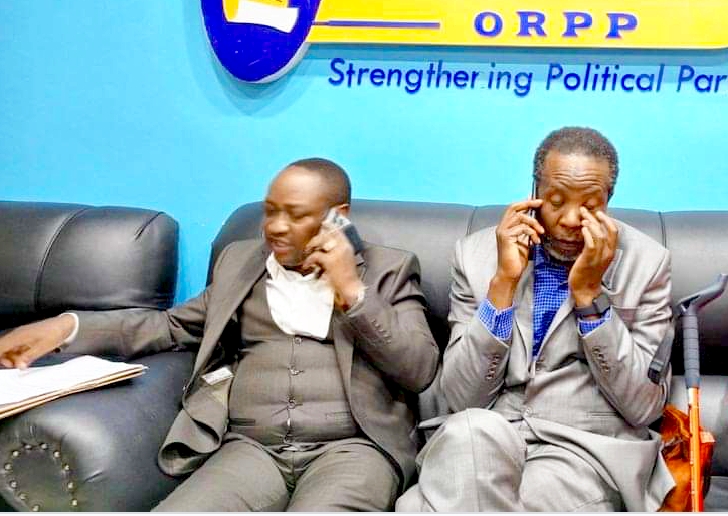
At the heart of the controversy is the alleged mismanagement by Dr. Muli’s party, the National Liberal Party (NLP), specifically its Secretary General, Omondi K’oyoo. The Secretary General has since distanced himself from Dr. Muli, further complicating the party’s relationship with the press.
Dr. Muli’s subsequent attempts to garner media attention have been similarly fraught. On July 13th, he returned to Nairobi, accompanied by only one vernacular reporter from Kitui, hoping to secure coverage for a small party caucus at Upper Hill Springs Hotel. However, this effort also fell short, as journalists from the Ukambani region demanded payment upfront, leading to a series of failed negotiations and unmet promises.
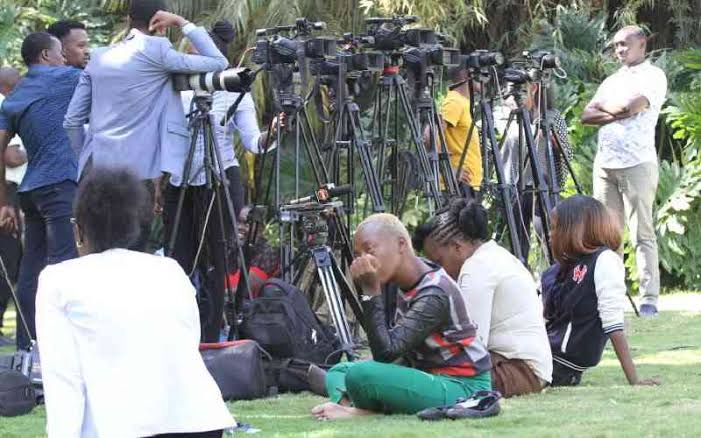
One notable exception was Safi News CEO Aron Kinyamasyo, who managed to convince NTV to air Dr. Muli’s story on July 14th. Despite the segment reaching over one million viewers, Dr. Muli’s delayed and inadequate compensation to the reporters involved further soured his relationship with the media.
The situation escalated on July 31st, when Dr. Muli gathered a group of Nairobi bloggers, promising fair compensation for coverage of his grievances against Azimio leaders Raila Odinga and Kalonzo Musyoka. After the coverage was provided, a promised payment of Ksh 40,000 intended for the journalists allegedly disappeared, leaving many feeling deceived and disrespected.
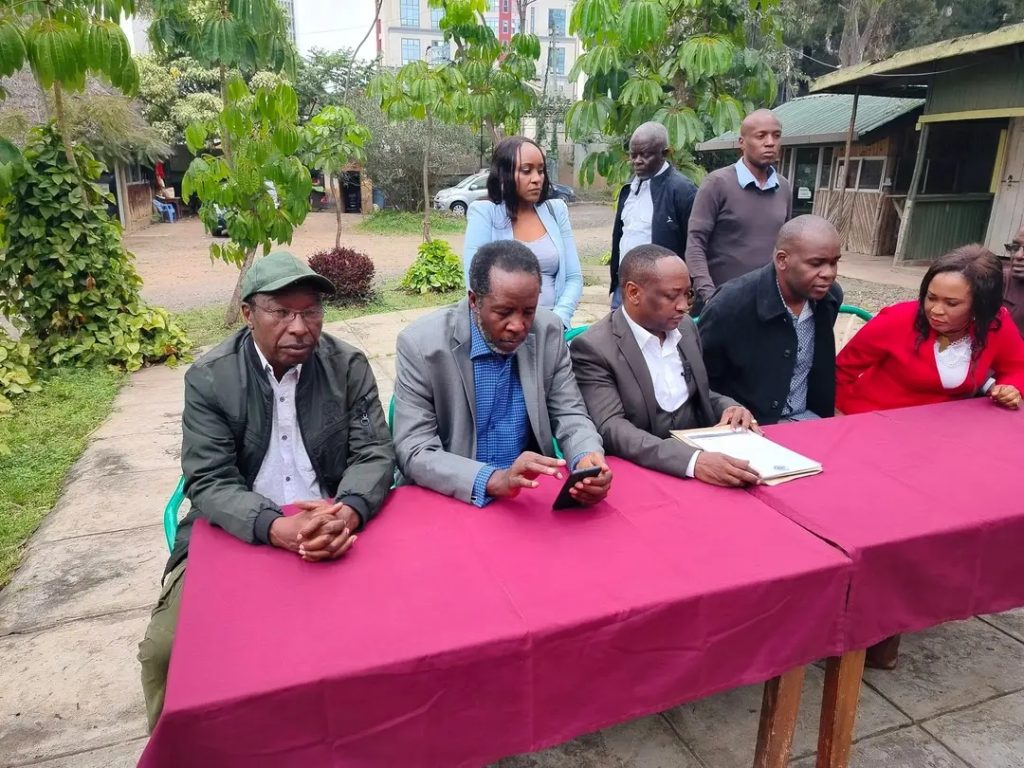
The final straw came on August 1st, when Dr. Muli declared a hunger strike and camped at the office of the Registrar of Political Parties, Ann Nderitu, demanding answers regarding his exclusion from an IEBC selection panel. Despite spending hours with him, journalists were once again left unpaid, leading to widespread frustration and vows to cease covering his political activities. To make matters worse, Dr. Muli reportedly switched off his phone numbers—one registered in Kenya and the other in Dubai—on the same day, avoiding calls and messages from the journalists who had accompanied him to the ORPP and were left unpaid.
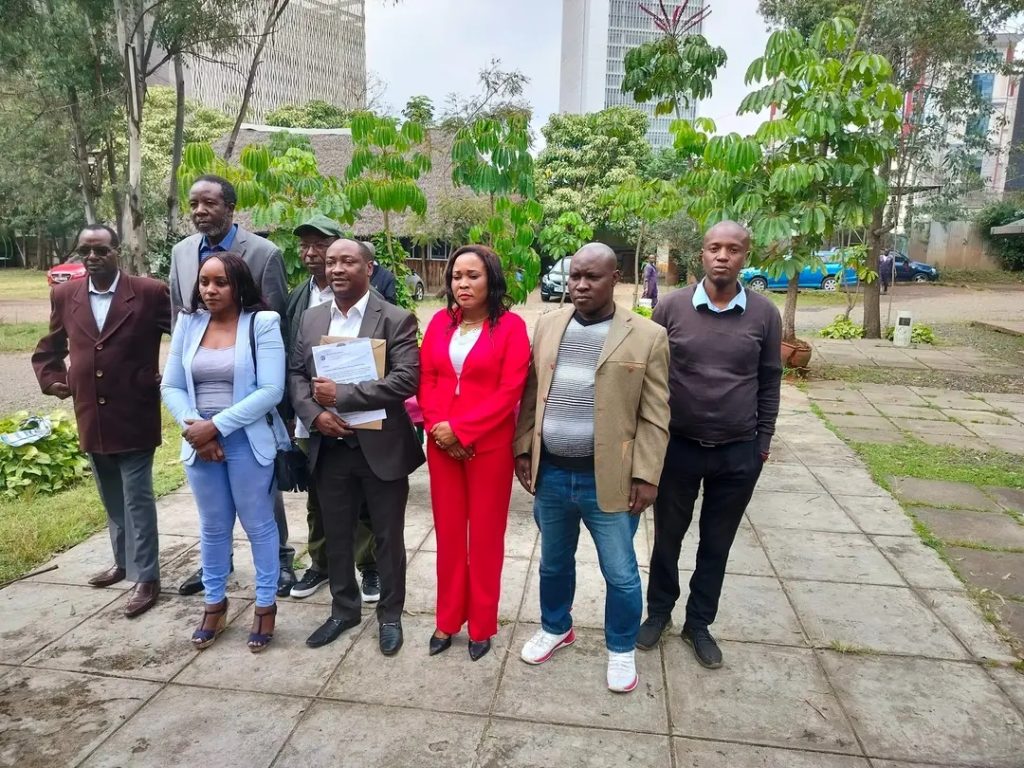
Dr. Muli’s ongoing clashes with the media could spell disaster for his political ambitions if he fails to address these grievances and restore trust with journalists. His reliance on poorly managed media handlers and unmet promises has only served to alienate the press, risking further isolation in an already challenging political landscape.

